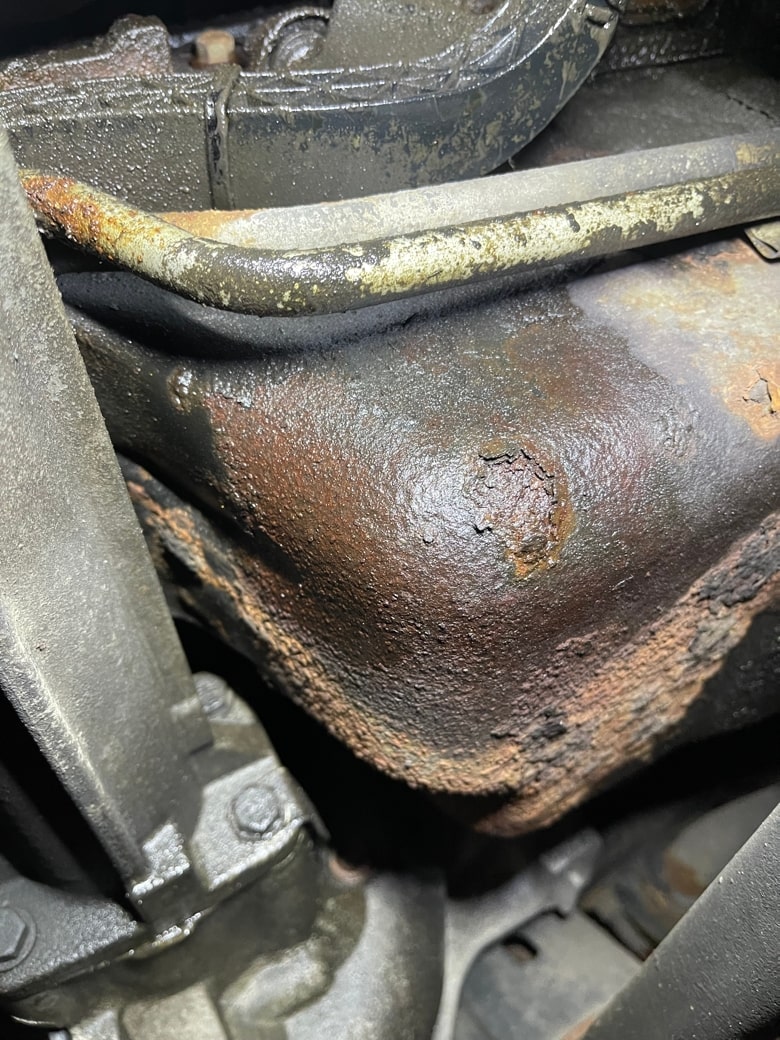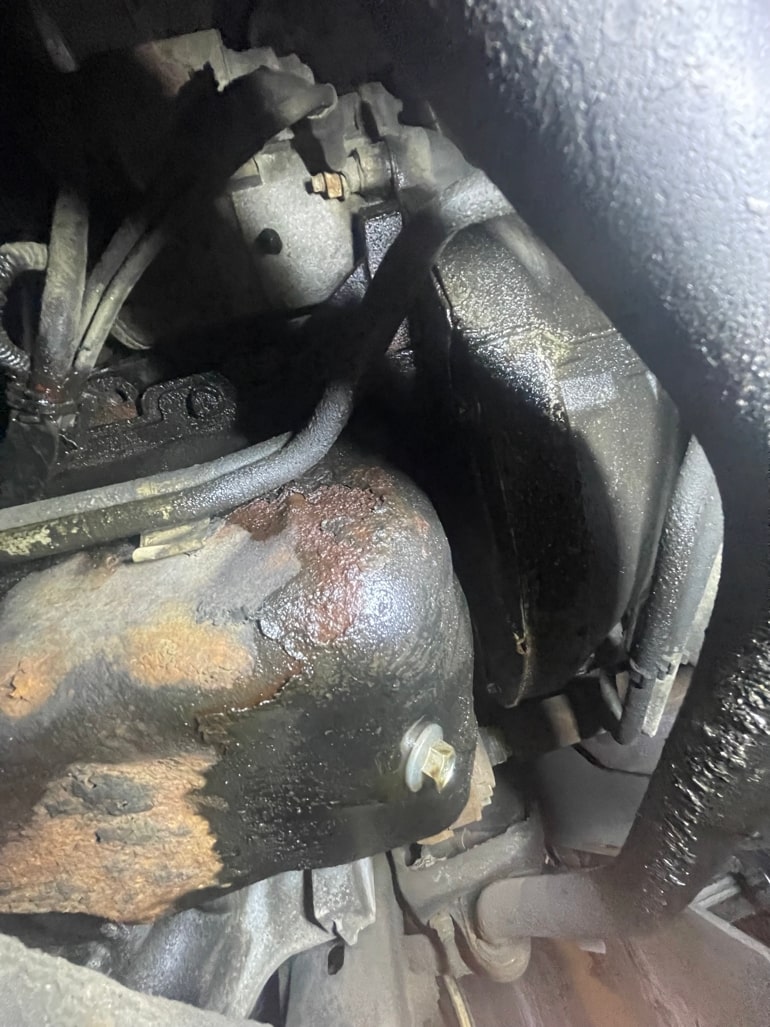My Car Completely Died! Avoiding Complete Engine Failure
 The Risks of Engine Failure
The Risks of Engine Failure
Engine failure means there’s a significant problem with your vehicle. When a car engine fails, it can bring your vehicle to a complete halt and lead to costly repairs. Understanding the risks and signs of potential engine failure, will help maintain the longevity and performance of your car.
Engine oil issues are one of the most common reasons for engine failure. If you skip oil changes, the oil becomes contaminated and degrades into sludge which increases friction on the parts, overheats, and eventually destroys the engine.
What to Do If You Suspect Engine Failure
If your car is on the brink of engine failure, act quickly to prevent further damage and the high costs of a complete engine replacement.
Here’s what to do immediately:
Immediate Steps After Engine Failure
- Stop Driving: If you notice severe problems like heavy smoke, loud noises, or significant performance drops, stop driving your car immediately. If you continue to drive with a failing engine, you’ll make the problem worse.
- Towing Services: Whether the car is driveable or not, call a towing service to tow it to your auto mechanic.
- Consult a Mechanic: Call your mechanic to let them know you what happened and that you are on your way.
How Engine Failure Starts
- Oil Degradation: Over time, engine oil breaks down and loses its effectiveness.
- Heat Accumulation: As oil deteriorates, it stops absorbing heat and dispelling it adequately.
- Increased Friction: Without proper lube, engine components rub against each other.
- Component Damage: Constant friction damages critical engine parts and leads to failure.
What Happens When You Neglect Oil Changes
Regular oil changes are the defense against engine failure and by neglecting them the oil turns into sludge and does not lubricate the engine properly. Without lubrication, friction and heat increases and puts massive stress on the engine.
Effects of Sludge on the Engine
- Ineffective Lubrication: Sludge fails to lubricate the engine components properly.
- Overheating: Without heat absorption, engine temperatures rise and overheat.
- Component Wear: Parts start degrading from increased wear due from friction.
- Severe Damage: Eventually, these factors result in total engine failure.
Preventing Engine Failure
To prevent engine failure, make regular maintenance appointments with your mechanic, and act on the early warning signs. If you notice any unusual behaviors, such as strange noises or smells from your engine, consider reading “why there’s a smell in your car” to identify potential issues.
Regular maintenance and timely oil changes, play a major role in preserving engine health.
Key Steps in Prevention
- Regular Oil Changes: Ensure oil changes are performed at recommended intervals.
- Monitor Oil Quality: Check the oil every few weeks for signs of sludge or contamination.
- Pay Attention to Warning Signs: Listen for unusual noises and observe any changes in engine performance.
- Inspections: Have your vehicle regularly tended to by a mechanic.
Warning Signs of Engine Failure
 Being aware of the signs of a possible engine failure will help you to take immediate action to prevent further damage, but ignoring these warnings will make things more severe and expensive to repair.
Being aware of the signs of a possible engine failure will help you to take immediate action to prevent further damage, but ignoring these warnings will make things more severe and expensive to repair.
Common Warning Signs
- Unusual Noises: Ticking or knocking sounds from the engine can indicate lubrication issues and usually do.
- Performance Drop: Noticeable decreases in power or efficiency performance.
- Overheating: Frequent overheating is a definite sign of oil lubrication problems.
- Smoke or Smell: Smoke from the exhaust or a burning smell indicates serious engine issues which could be related to oil issues are caused by other issues only a mechanic can figure out.
Don’t Neglect Maintenance
Regular maintenance – especially oil changes – is vital in preventing engine failure. But even if you do have regular maintenance done to your car, recognizing the warning signs and taking proactive steps is still important. Regular care and attention to your car’s needs ensures its longevity and keeps it on the road.
Leave a Reply